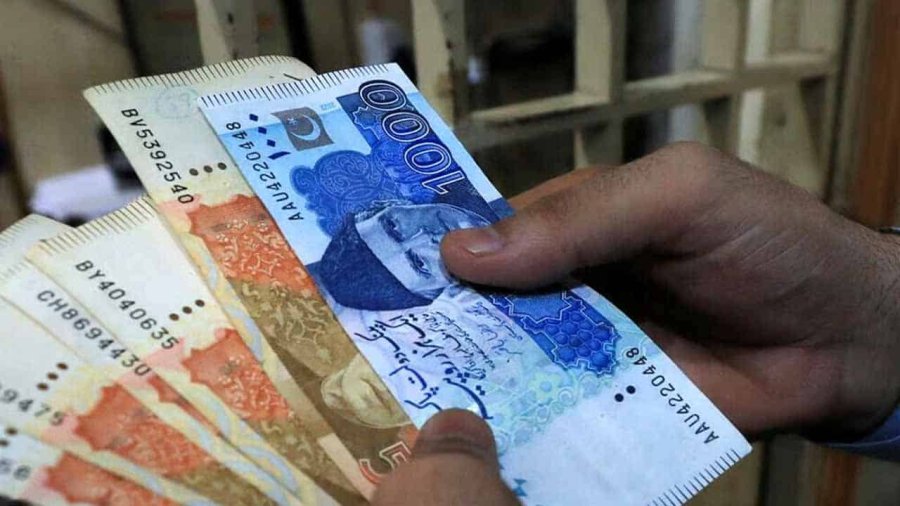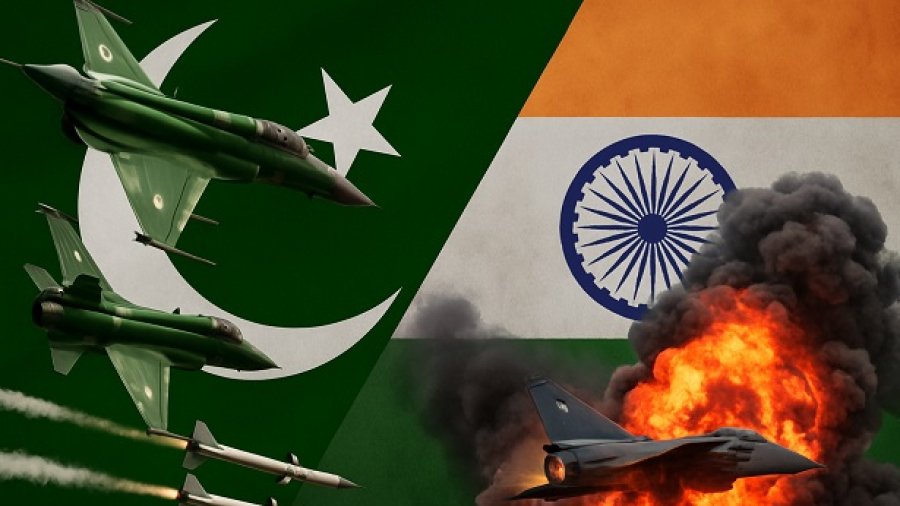Shandur Polo Festival to be held from June 20
KP budget 2025-26 proposes 6% and 7% increase in salaries and pensions
Indian Leadership’s Reckless Behavior: A Threat to Regional Stability
In today’s modern and developed world, the subcontinent of Pakistan and India holds immense geopolitical and cultural significance. With nearly two billion inhabitants, this region is home to diverse religious communities. Hindus constitute the majority, followed by Muslims, while Christianity, Sikhism, and other religions also have significant followings.
In the 1940s, Muslims began to realize that the British Empire was struggling to maintain its colonial grip and would soon exit the region. However, it became increasingly evident that their exit strategy involved transferring power predominantly into Hindu hands. Muslims had already grown disillusioned with the attitude of Hindus under British patronage. Hindus and Muslims differ vastly in culture, language, customs, clothing, and religious practices. For instance, Muslims consider beef a delicacy, while Hindus revere the cow as sacred. Muslims view even a drop of urine as unclean and something to be strictly avoided, whereas Hindus use cow urine as a form of religious sanctification and even consume it as a sacred substance.
Circumcision is an article of faith for Muslims, while Hindus reject it entirely. These are just a few of the countless differences that any ordinary person can observe. While Muslims are known for their tolerance and open-heartedness, Hindus have consistently displayed narrow-mindedness and religious bigotry. For Muslims, liberation from British rule only to fall under Hindu dominance was unacceptable. This led to their historic demand for a separate homeland—Pakistan.
Despite staunch opposition from Hindu leadership, the unwavering determination of Muslims, along with divine support, led to the creation of Pakistan. But from the moment of its inception, India laid the groundwork for enduring enmity. It forcefully occupied princely states like Kashmir, Junagadh, and Hyderabad. The very first year of Pakistan’s existence saw full-scale war, despite both nations grappling with the overwhelming challenges of migration and refugee resettlement. India initiated the conflict but faced defeat. Pakistan, then without a formal army, saw its tribal warriors confront Indian forces and force them into retreat.
It was during this resistance that the region now known as Azad Jammu & Kashmir was freed from Indian control. India, fearing total loss, ran to the United Nations and agreed to a ceasefire on the condition that once the refugee crisis was resolved, Kashmiris would be granted the right to self-determination. Had this ceasefire not taken place, India would likely have lost all of Kashmir.
Since then, India has entrenched its illegal hold over Kashmir. It deployed 700,000 troops, systematically targeted and killed Kashmiri youth, imprisoned or eliminated political leadership, and eventually revoked Kashmir’s special status—violating international law and integrating the region into the Indian union by brute force.
India’s ambitions didn’t end there. It imposed war on Pakistan and militarily intervened in its internal affairs, leading to the secession of East Pakistan (now Bangladesh)—a tragedy India proudly claims as its achievement. Orchestrating the dismemberment of a sovereign nation and celebrating it shamelessly is not only unethical but a violation of all international norms.
For decades, Indian politicians have made it a routine to threaten Pakistan with destruction, invasion, and ruin in their public speeches. Their war-mongering rhetoric has inflamed nationalist passions, keeping the Indian populace in a state of manufactured frenzy. These leaders begin and end their political speeches with anti-Pakistan sentiments. In contrast, Pakistani politicians rarely, if ever, mention India. This disparity speaks volumes about the underlying hatred that drives Indian political discourse.
Undoubtedly, India remains an existential enemy to Pakistan. In response, Pakistan has prioritized national defense and built itself into a formidable force. Had India not constantly threatened Pakistan’s existence, perhaps the latter would not have felt the urgency to invest so heavily in its defense infrastructure. Ironically, India’s hostility helped forge Pakistan into a steel-strong state.
Now, as Pakistan stands as a strong and resilient military power, India’s recent provocations—its open declarations to annihilate Pakistan—have been met with swift and forceful responses. Pakistan’s countermeasures were so effective that India was left reeling. If Narendra Modi had not rushed to President Trump for a ceasefire plea, India might have suffered irreversible military losses. Just as it had in 1948, India once again knocked at the United Nations’ door to escape the consequences of its own aggression.
After suffering such a humiliating setback, one would expect Indian leadership to reconsider its approach. Given that Pakistan is its neighbor—and neighbors cannot be changed—India should have pursued peace through negotiations and mutual coexistence. Instead, it doubled down on its belligerence, inciting domestic war hysteria and issuing more threats to Pakistan.
India’s leadership is fully aware that it cannot overpower Pakistan, yet it continues to stoke the flames of war. The dire conditions of Muslims within India today are proof that the decision to create Pakistan was not only wise but necessary. Had Pakistan not been established, Muslims in the subcontinent would be enduring unimaginable oppression at the hands of Hindu extremists.
Thanks to India’s arrogant policies, it now stands diplomatically isolated, with few countries willing to entertain its rhetoric. On the other hand, Pakistan has earned global respect for its responsible conduct and constructive diplomacy. It has proven to be a responsible nuclear state, committed to peace—not only in South Asia but worldwide.
In contrast, India’s hallmark remains its reckless leadership. Their extremist mindset has pushed this vital region to the brink of disaster. And should any catastrophe occur, the burden of responsibility will rest squarely on India’s shoulders.





